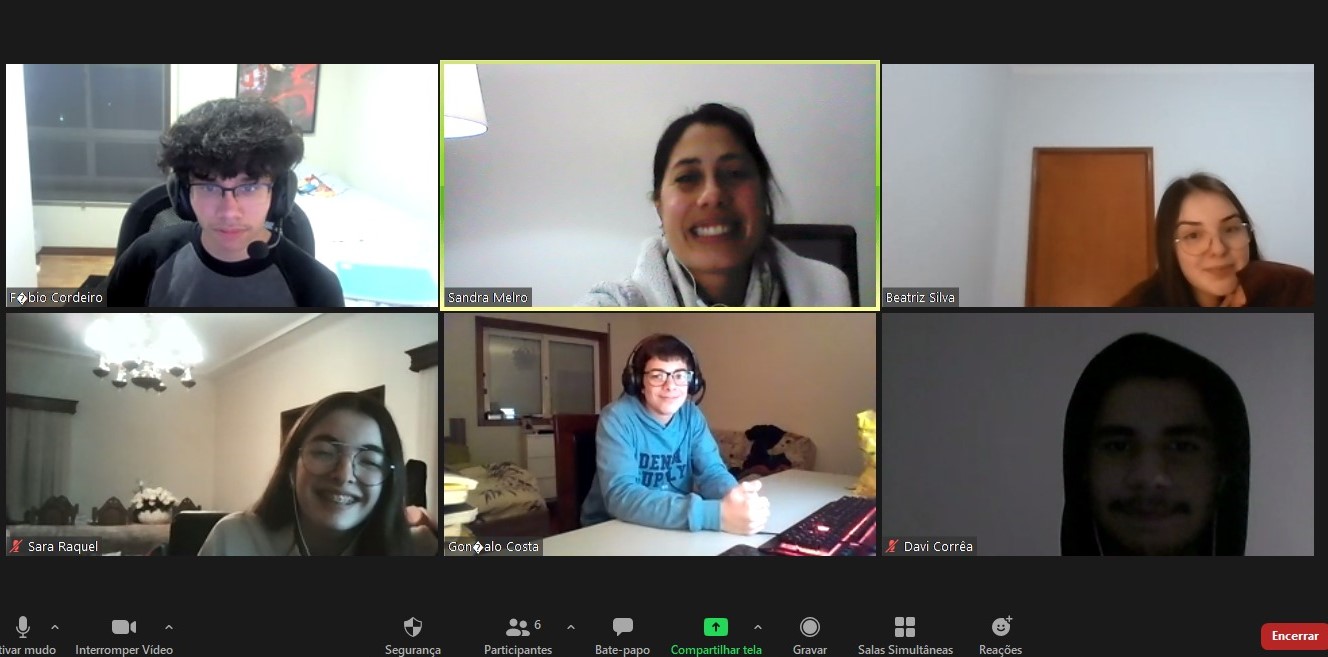
20 Sep Youth empowerment

The primary goal of BePart is to promote inclusive education while also fostering citizenship skills and youth empowerment. As a result, we seek to strengthen and develop the four essential competencies that are part of civic education: interacting effectively and constructively with others, thinking critically, acting in a socially responsible manner, and acting democratically. But what exactly does this mean?
Youth empowerment aims to improve quality of life and is a process in which youth takes the charge of their lives, by being active in their contexts and following their believes, values and goals. It differs from youth-led, once it is focused on generating innovation and changes in the community, affecting individuals that are involved in the process or integrated with the community.
Considering that students will be in the centre of their learning and that the project is based on the implementation of models for youth participation in the school context, besides technical and subjects-related competencies, the BE PART project will also contribute to the acquisition, development and/or strengthen of the 4 key-competencies that are part of the citizenship education:
- Interacting effectively and constructively with others – In the project, selected teachers and students, will establish the school fellowships. These fellowships are basically working groups of the students selected to prepare, implement and evaluate the models for youth participation in their schools. These working groups will be crucial for the exchange of experiences, clarification of doubts, share of knowledge and support decisions between the students actively involved in the implementation. This means that, by integrating and participating in these working groups, students will be able to develop their interpersonal skills, essential to interact effectively and constructively with others. Find out more here.
- Thinking critically – Students with disadvantaged backgrounds will be able to implement different models of youth participation in their schools, allowing them to contribute and support the management and decision-making in this context. Decision-making is an ability that needs to be acquired and developed as well and that is intrinsically related to the ability of think critically. Therefore, partners foresee that by being involved in the implementation phase, students will be able to develop and/or reinforce their critical thinking, by being involved in the decision-making processes of the school.
- Acting in a socially responsible manner – Schools are communities that involve different persons with different roles with the same goal: learn and promote learning. As a community, schools have rules, their specific culture, shared spaces and diversity. Therefore, schools are like small societies and to be able to be part of the management and decision-making processes of the schools, students need to be part of the society, respecting the rules, culture, spaces and diversity. This means that students actively involved in the implementation will have the opportunity to learn or improve their skills of acting in a socially responsible manner, respecting the differences and sharing similarities.
- Acting democratically – According to the BE PART methodology, students can play a key role in the management and decision-making of their schools. However, they will not act alone, they will be able to contribute to the process of decision, but teachers, head classes and directors are ultimately the final decision-makers. Therefore, to take part in a participatory decision process, students will need to be able to act democratically.

